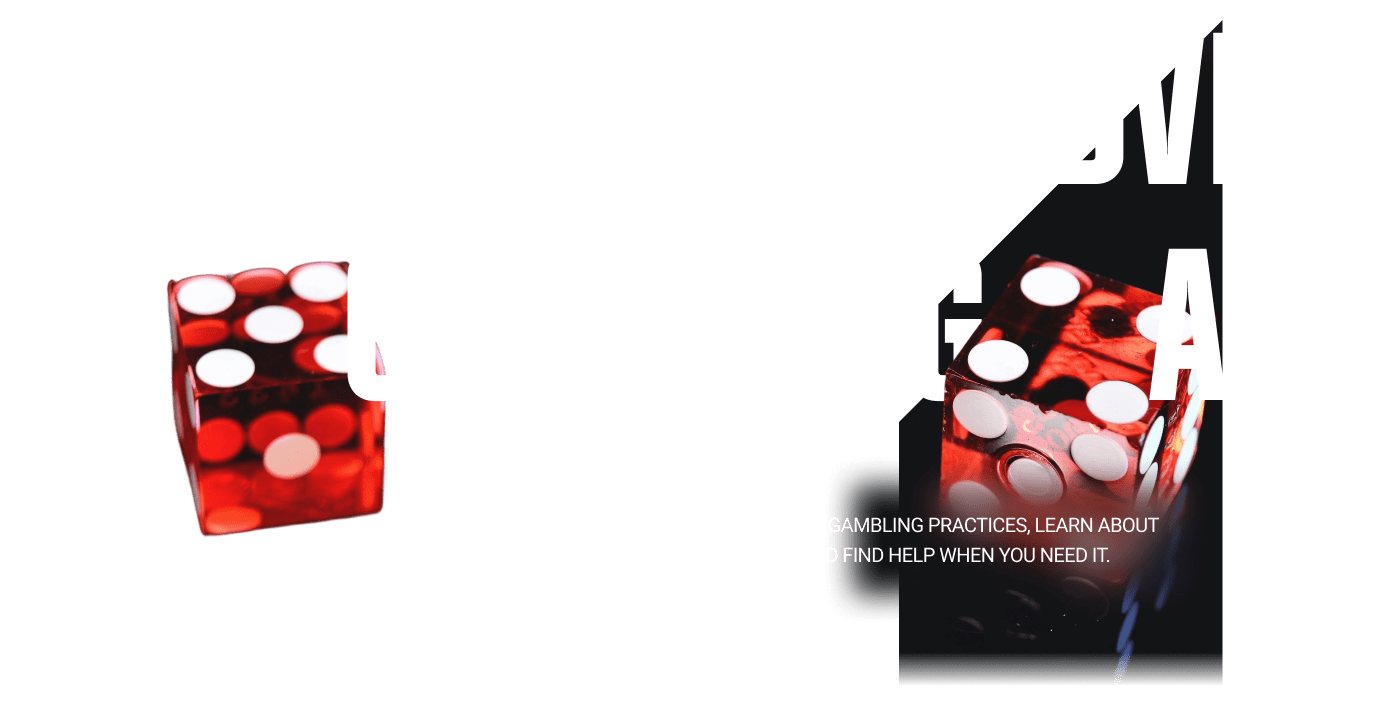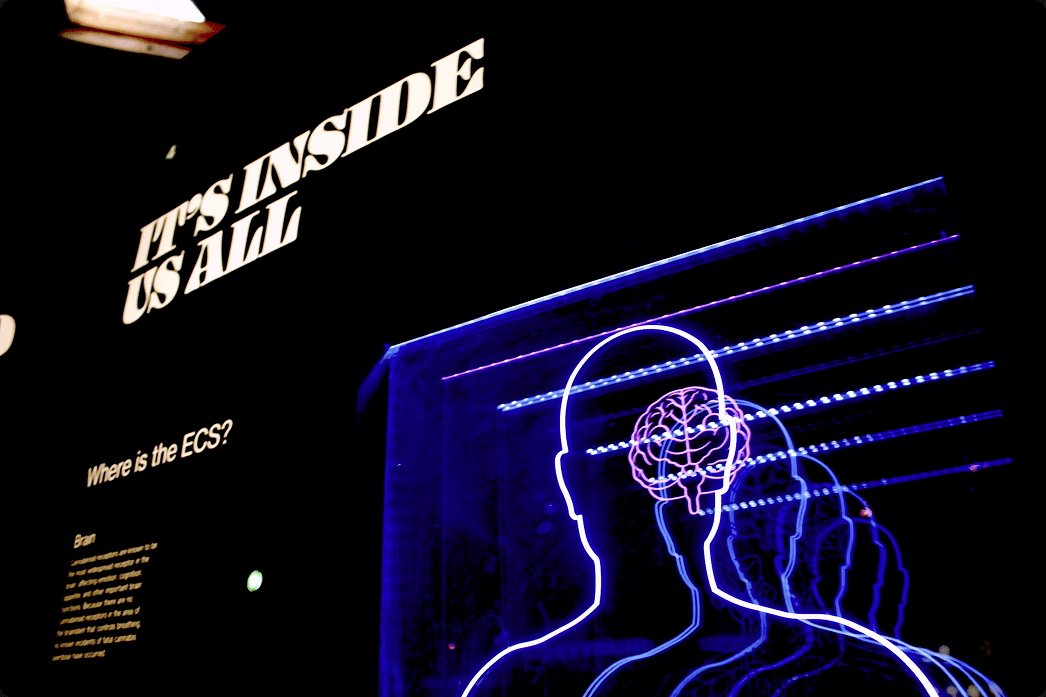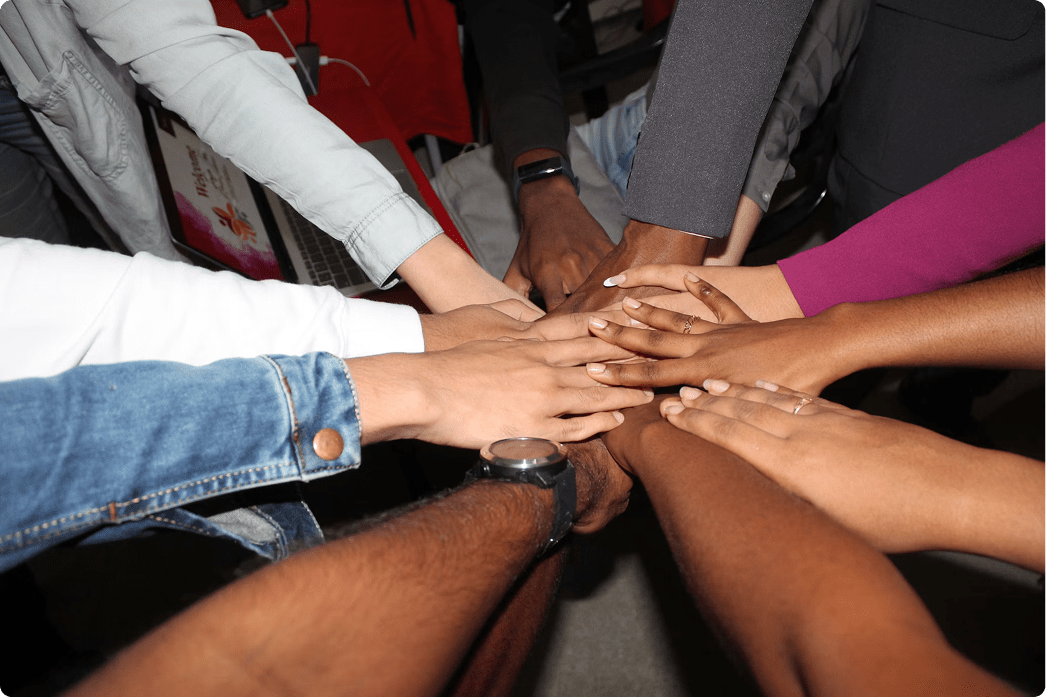
Introduction

What Is Online Gambling?
Online gambling is the act of placing bets or playing games of chance through digital platforms. From online casinos and slot machines to sports betting and poker, it’s available 24/7 — just a few taps away. The convenience and excitement can be tempting, but beneath the surface lies a powerful industry designed to keep players engaged and spending. Understanding how these systems work is the first step in protecting yourself or someone you care about from potential harm.
Why This Site Exists
This site was created to bring clarity and support to a topic often clouded by glamorized marketing and silence. Our mission is simple: to provide honest, independent guidance about the real-world impact of online gambling — without judgment, and without hidden agendas. Whether you're struggling yourself, worried about a loved one, or simply curious, we’re here to offer resources, real stories, and tools to help you stay informed and take control.
Understanding
Gambling

Types of Online Gambling
Online gambling comes in many forms: slot machines with flashy animations and sound effects, poker rooms that mimic real-world tables, sports betting platforms promising big wins on every game, and live casino games streamed in real time.
Each format is designed to appeal to different kinds of players — from casual users to high-stakes gamblers — and all of them can be accessed with ease from a phone or computer.
How Online Casinos Keep You Hooked
Modern gambling platforms are built with one goal in mind: to keep you playing. They use techniques from behavioral psychology — like reward schedules, near-miss outcomes, loyalty points, and personalized bonuses — to encourage longer play and higher spending. The experience is engineered to feel like entertainment, but it’s often more about habit loops and emotional manipulation than fun.
The Risks

Financial Consequences
Online gambling can quickly spiral into financial disaster. What starts as small bets or “just for fun” can turn into significant losses, especially when players chase losses, or become reliant on gambling for entertainment.
With the ease of digital transactions, it’s easy to lose track of how much is being spent — and harder to stop once the money is gone.
Psychological and Emotional Harm
The mental and emotional toll of gambling addiction can be just as devastating as the financial consequences. Many gamblers experience feelings of shame, guilt, anxiety, and depression, often leading to isolation and a breakdown in relationships. The constant ups and downs of gambling can create a cycle of hope and despair, making it hard for individuals to break free.
Social Isolation and Relationship Damage
Over time, gambling addiction can strain relationships with family, friends, and colleagues. The secretive nature of gambling often leads to dishonesty and mistrust.
Additionally, time spent gambling can lead to neglect of important personal and professional responsibilities, further deepening the isolation and strain on relationships.
Addiction Awareness

Signs and Symptoms of Gambling Addiction
Gambling addiction can develop subtly, but there are key signs to watch for: a strong urge to gamble, difficulty controlling betting behavior, lying about gambling habits, borrowing money to gamble, and neglecting responsibilities in favor of gambling. Recognizing these symptoms early is crucial to preventing further harm.
Test Yourself: Do You Have a Problem?
If you’re questioning whether your gambling is out of control, consider asking yourself these questions: Do you often think about gambling? Have you tried and failed to quit? Do you gamble to escape stress or negative emotions? These signs may indicate a problem that requires attention.
Real Stories: From Addiction to Recovery
Hearing stories from those who have struggled with gambling addiction can provide comfort and insight. Many have successfully overcome their addiction through self-reflection, support, and seeking professional help. These stories can inspire others to take the first step toward recovery.
Real Stories: Emma's Journey to Recovery
Emma, 32, got caught in the online casino world, losing her savings and hiding her debts. After months of struggle, she entered rehab. Through therapy and support groups, she learned to set limits and regain control of her life.
Real Stories: John's Turning Point
John, a passionate poker player, lost everything, including his relationship with family. After hitting rock bottom, he joined a self-exclusion program, saw a therapist, and gradually rebuilt his career and relationships.
Real Stories: Sophia's New Beginning
Sophia, 45, used online slots to escape personal pain. After losing everything, including her home, she reached out for professional help. Therapy taught her to manage emotions and build healthy habits, leading to recovery.
Real Stories: David's Struggle and Success
David's gambling addiction left him homeless. Realizing his problem, he joined a recovery program and online community for support. With determination, he set realistic goals and rebuilt his life step by step.
How to Get Better

How to Stop Gambling: First Steps
Taking control of your gambling starts with admitting there’s a problem. Recognizing this is the first crucial step toward recovery. Once you acknowledge the issue, you can begin taking actionable steps, like setting strict limits, using self-exclusion tools, and seeking professional support.
Tools for Self-Control
There are numerous tools to help prevent gambling. These include self-exclusion programs like GamStop, blocking gambling sites, and setting personal deposit limits. It’s essential to use these tools in conjunction with emotional support and therapy for long-term success.
Responsible Gambling Guidelines
Being aware of responsible gambling practices can help you stay in control. Setting time limits, sticking to budgets, and taking regular breaks can prevent gambling from becoming a problem. Always remember that gambling should be a form of entertainment, not a way to escape from life’s pressures.
Support and Recovery

Where to Get Help
If you or someone you know is struggling with gambling addiction, there are resources available to provide support. Hotlines, professional counseling, and online support groups can help guide individuals through the recovery process and connect them with the right services. Don’t hesitate to seek help — there’s no shame in reaching out for support.
GamCare — https://www.gamcare.org.uk/
National Council on Problem Gambling (NCPG) — https://www.ncpgambling.org/
The National Center for Responsible Gaming (NCRG) — https://www.ncrg.org/
Recovery Programs and Resources
There are many structured programs designed to help individuals break free from gambling addiction. These programs range from outpatient counseling to inpatient rehabilitation, and they provide a safe space to address underlying issues and develop healthier habits.
Recommended Books and Tools
Education plays a key role in recovery. Recommended books and self-help tools can provide valuable insights into the psychology of addiction, offer strategies for coping with urges, and support individuals throughout their recovery journey.
"Addiction by Design: Machine Gambling in Las Vegas" by Natasha Dow Schüll
"The Gambling Addiction Cure: How to Overcome Gambling Addiction and Stop Gambling Forever" by James S. McKee
Articles
-
January 21, 2025 · Chris Fankson
How Online Gambling Addiction Affects Your Brain: Behind the SCENES
Online gambling has grown into a multibillion-dollar industry that operates 24/7, accessible from anywhere with a phone or laptop. Unlike traditional casinos, there’s no dress code, no closing hours, and no judgment. It’s designed for convenience, but that convenience comes at a cost. Many users don’t realize they’re slipping into a harmful pattern until it’s already well-established.

-

January 30, 2025 · Jamie Forsk
Breaking the Cycle: How Support Groups Help in Overcoming Addiction
Addiction thrives in isolation. When struggling with gambling, many people retreat inward, hiding their problem out of shame or fear of judgment. But recovery is not meant to be a solo journey. One of the most powerful tools in overcoming addiction is finding a community that understands your experience.
-
March 18, 2025 · Kate Banely
Responsible Gambling: What It Means and Why It Matters
Responsible gambling refers to engaging in gambling activities in a way that remains safe, controlled, and enjoyable. It involves setting personal limits, being aware of the risks, and taking steps to ensure that gambling doesn’t interfere with your life. It’s a mindset that encourages balance and moderation.
